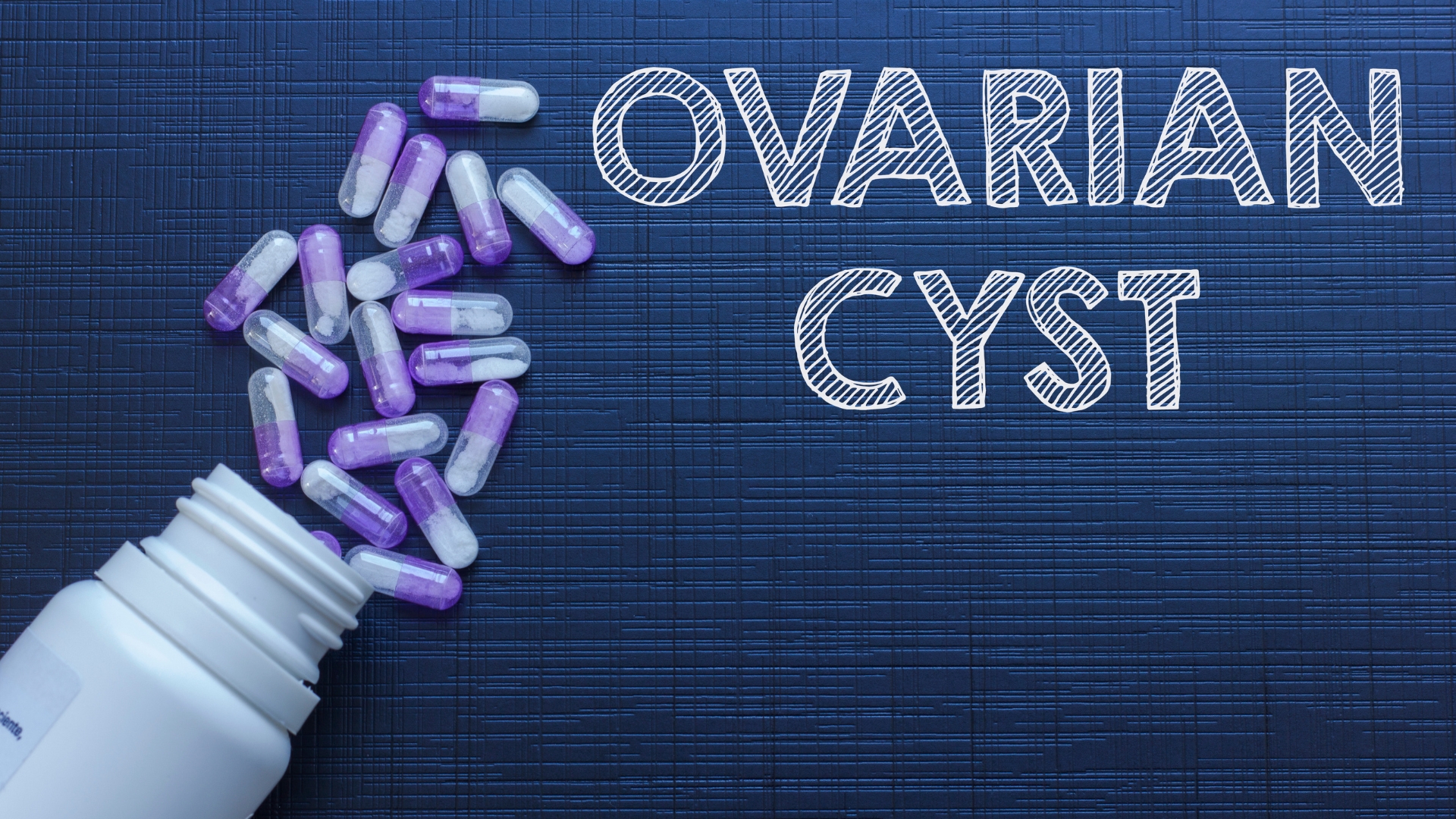Ovarian cyst

An ovarian cyst is a fluid-filled sac that develops in the ovary. Most ovarian cysts are benign (non-cancerous) and do not cause symptoms. They often go away on their own within a few months.
There are several types of ovarian cysts, including:
- Follicular cysts:These cysts form when the follicle (a sac that contains an egg) on the ovary does not release the egg, but continues to grow.
- Corpus luteum cysts:These cysts form after the follicle has released the egg (during ovulation). If the opening of the follicle seals over, fluid can build up inside, forming a corpus luteum cyst.
- Endometrioma cysts: These cysts form when endometrial tissue (the tissue that lines the uterus) grows outside the uterus, often on the ovaries.
- Dermoid cysts: These cysts contain a variety of different types of tissue, including skin, hair, and bone.
Symptoms of an ovarian cyst may include pelvic pain, bloating, and irregular menstrual periods. Most ovarian cysts do not cause any symptoms and are discovered during a routine pelvic exam or ultrasound.
Ovarian cysts can be diagnosed with a pelvic exam, ultrasound, or other imaging tests. Treatment may include medication to reduce inflammation or hormones to regulate the menstrual cycle, or surgery to remove the cyst. In some cases, no treatment is necessary if the cyst is small and not causing any symptoms.
Here are some common questions and answers that patients may have about ovarian cyst:
Can ovarian cysts cause fertility problems?
Can ovarian cysts cause cancer?
How are ovarian cysts treated?
Can ovarian cysts come back?




